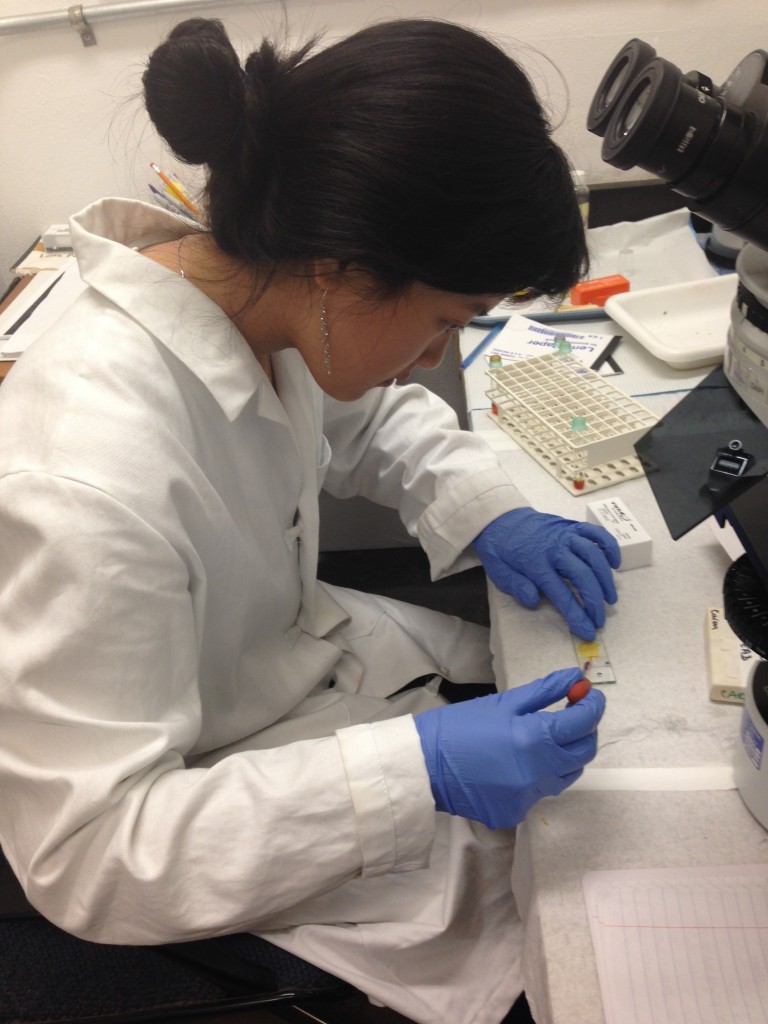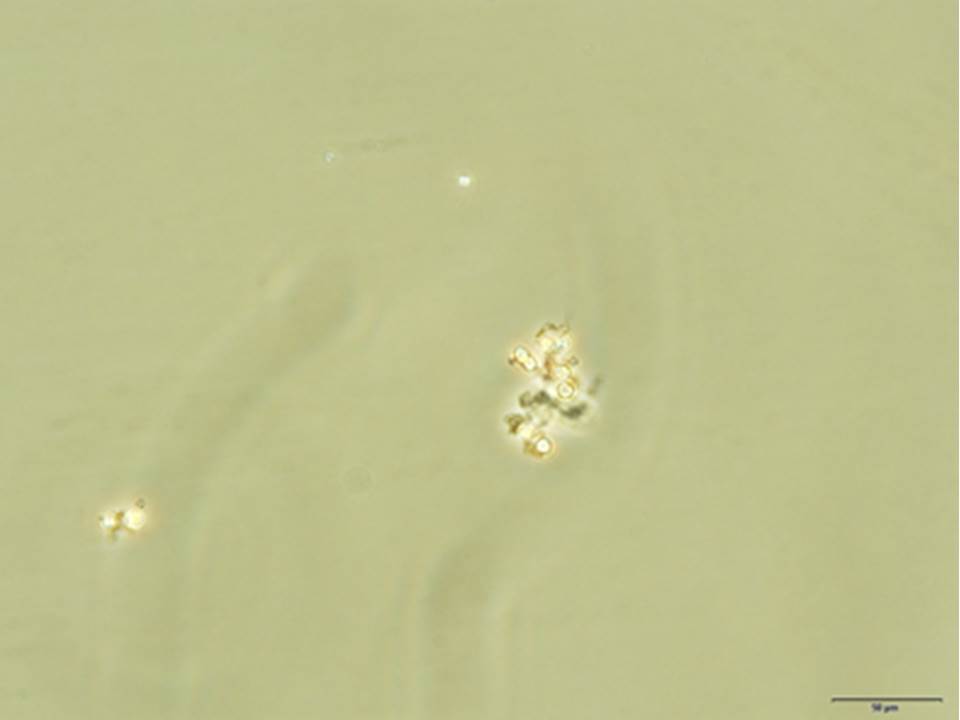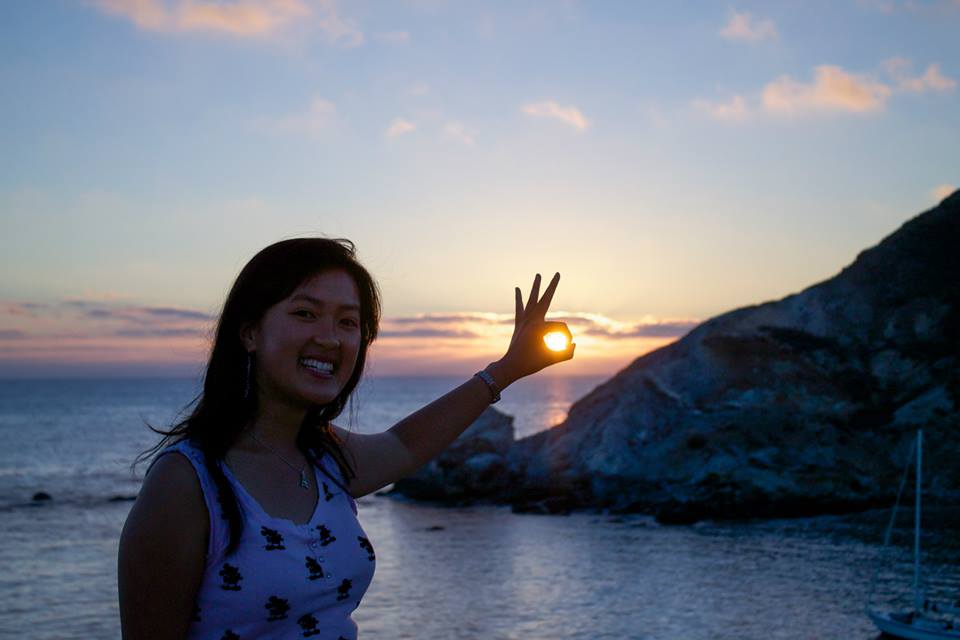USC Wrigley Institute – wrigley.usc.edu
By: Christine Luu
I had always heard that Research Experience for Undergraduates (REU) programs are highly competitive and only meant for college juniors and seniors. Therefore, as a freshman I felt that my chances of getting accepted to an REU program were fairly slim. Yet, during this past winter break, I applied to various summer programs anyway in order to continue conducting research, which I have become passionate about as an undergrad at Dartmouth. Even though I just finished my first year of college, I wanted to have a productive yet enjoyable summer, with an ulterior motive of increasing my self-acquired professional network—I say self-acquired because as a first-generation college student, I do not have an already family-established network of professionals to talk to. Luckily enough, by late March, my wish came true when I was accepted to the 2014 USC WIES REU program to work in Dr. David Caron’s lab!
The REU is an intensive program that consists of conducting an independent research project, and boy is it intensive! During Week 1, my mentor, Alle Lie, and I both came up with a summer project studying aquatic microorganisms. I had to learn all of the procedures over the course of only 3 days before beginning my experiments. It was definitely overwhelming, and I wasn’t sure that I would be able to complete the tasks efficiently and accordingly. I didn’t want to disappoint my mentors or myself though! Thus, through constant communication and determination, I now feel confident in my abilities to conduct independent research and carry out the experiments for my summer project. I am now largely self-sufficient and carry out most of the project myself.
My research consists of determining how pH changes in the water affect the photosynthetic growth rate of a mixotrophic protist – Ochromonas strain BG-1 – and how prey and light availability affect the growth rate of another mixotrophic protist – Ochromonas strain CCMP-1393. These single celled organisms are important members of aquatic ecosystems, and their ability to grow and reproduce rapidly under favorable conditions allows some protists to reach high abundances in a relatively short amount of time, forming ‘blooms’ and impacting the local food web.
The skills that I have gained and will gain through this project will definitely prove to be an integral part to my future research projects. I think that by participating in this REU right after my freshman year, it will help me decide if research is something that I see myself doing as a career and will also help me hone in on my research interests, which are still a little unclear as of now. The REU is a worthwhile experience—especially because it provides a slight glimpse of what graduate school would be like (as I have been told by several people).
Aside from my research, the Wrigley Institute’s location on Catalina Island is simply gorgeous. The sunsets always seem to leave me in awe.
The preserved land of Catalina Island gives me an amplified appreciation of nature, especially the bioluminescence and stars that shine so brightly off of each other at night. I would also add that the people that I have met here are just as amazing as the location of my summer work/home.
The REU coordinators have scheduled various events for us REUs to learn about each other research projects, and make sure we have the opportunity to network with other faculty, mentors and students. As a first generation college student, it’s rewarding in that I am able to learn about fields of research I would not have learned about if I were not here. In addition, these events allow me to meet more work/life mentors who might help open up more opportunities for me.
For the students who are interested in research that are reading this blog, my advice for you is to step out of your comfort zone and meet as many people as you can and continue to show passion for whatever topic of research you are interested in. If opportunity doesn’t knock, you have to build a door and find the opportunities yourself, like going out and applying for REU programs. Even when chances seem very slim, take a shot and apply anyways, like I did. In my opinion, the undergraduate years are about exploring and honing in on your passions, and the only way to do so is through programs like the REU.




